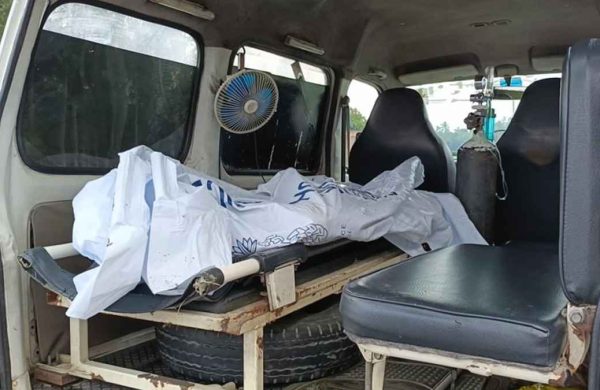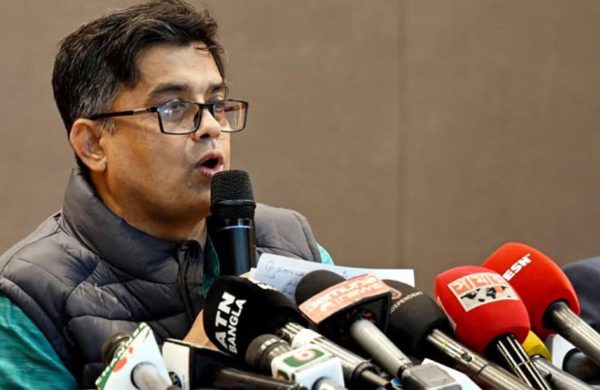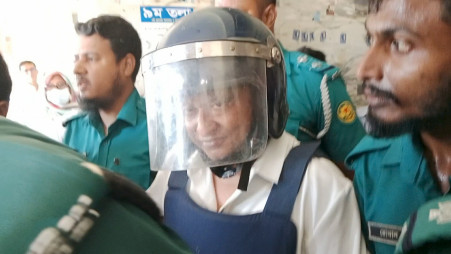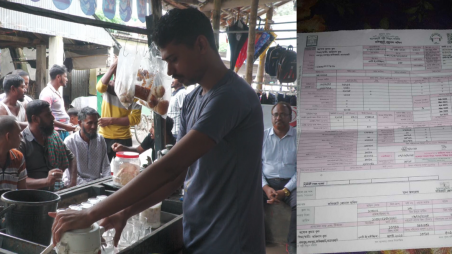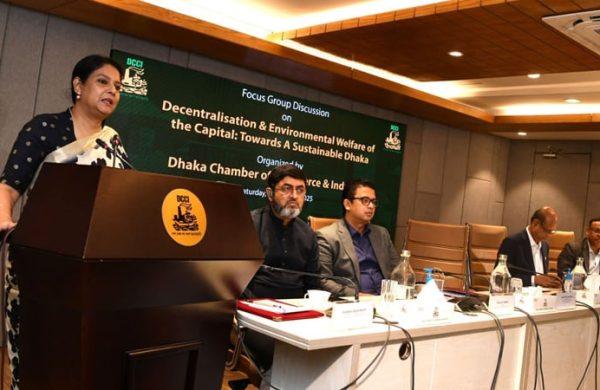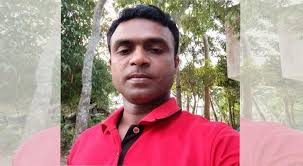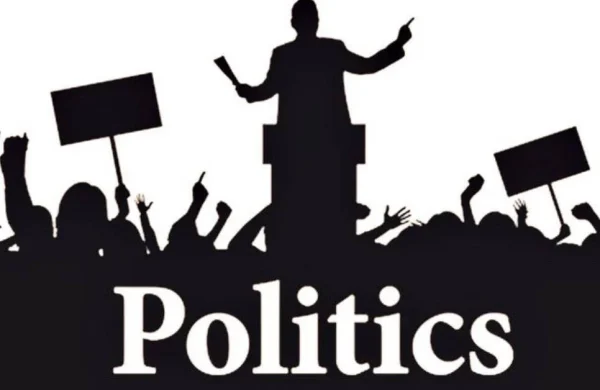Interim Govt can be renamed as Caretaker Govt: Attorney General
- Update Time : Tuesday, December 17, 2024
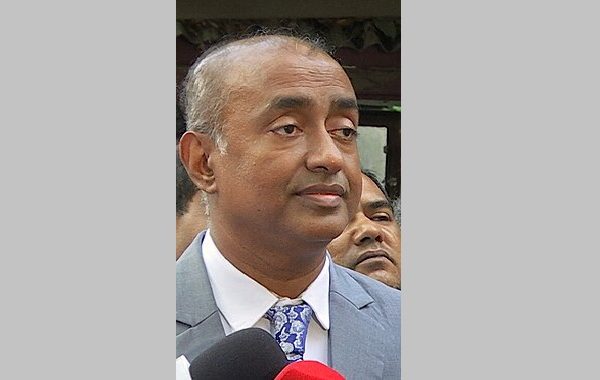
TDS Desk
The present Interim Government can be turned into the Caretaker Government, said Attorney General Md Asaduzzaman on Tuesday (December 17).
When his attention was drawn to the High Court judgement declaring the 15th amendment to the Constitution illegal, the chief law officer of the state said: “This [interim] government can be renamed as Caretaker Government. For instance, District and Sessions Judge. When an individual conducted the civil cases, he is then called ‘district judge’ and when that judge conducts criminal cases, he is then called “sessions judge.” Like that when the ‘Interim Government’s advisers’ will be inducted to the Caretaker Government system, then they will be regarded as the ‘Caretaker Government’s advisers.’ There is no scope of constitutional conflict here.
Replying to a question, the Attorney General said that a possibility has been created to return to the “Caretaker Government” system on the basis of the High Court judgment.
Earlier in the day, the High Court declared the 15th Amendment to the Constitution illegal.
An High Court bench comprising Justice Farah Mahbub and Justice Debashish Roy Chowdhury delivered the judgement.
The judgement has paved the way of restoration of caretaker government provision to the constitution, said the lawyers representing the writ petitioner.
The High Court observed that the basic structure of the Constitution and electoral system were destroyed through the 15th Amendment.
The 15th Amendment to the Constitution of Bangladesh contradicted its fundamental framework and rendered key democratic principles compromised, emphasising that there is no legal bar to reinstating the Caretaker Government system, the High Court said.
In its observations, the High Court said the core of the Constitution lies in democracy, which can only be ensured through free, fair, and credible elections.
It added that the caretaker government system, introduced through political consensus, had become an essential component of the Constitution’s basic framework.
“The beauty of the Constitution lies in empowering the people. The people are the source of all power,” the High Court noted in its judgment, reinforcing the necessity of a mechanism to preserve democratic values.
The High Court reiterated that the abolition of the Caretaker Government system disrupted the nation’s democratic structure, as it was originally enacted to ensure impartial elections and foster political stability. The court observed, “Caretaker governments were formed through political consensus and have since become a fundamental part of the Constitution’s foundation.”
The ruling followed extensive hearings spanning 23 working days, during which key legal representatives from all concerned parties presented their arguments.
The 15th Amendment to the Constitution was passed in Jatiya Sangsad on June 30, 2011, a move that sparked criticism from various political quarters and civil society groups. The Caretaker Government system was repealed through the amendment.
Besides, Sheikh Mujibur Rahman was recognized as ‘the father of the nation’ through the amendment. Five individuals including Sushashoner Janya Nagorik Secretary Badiul Alam Mazumder filed a writ petition to the High Court on August 18 last challenging the 15th Amendment to the Constitution.
Following the 15th Amendment to the Constitution, the previous Awami League government held three national elections under the party-government.
Attorney General Md Asaduzzaman and Deputy Attorney General Md Asad Uddin represented the state. Senior lawyer Dr Sharif Bhuiyan argued on behalf of the petitioners, including Badiul Alam Majumdar of SUJAN, while BNP’s counsel included senior lawyers Zainul Abedin, Barrister Badruddoza Badal, Barrister Ruhul Quddus Kajol, and Advocate Farzana Sharmin Putul. Jamaat-e-Islami was represented by Advocate Mohammad Shishir Monir and Barrister Ehsan Siddique, while Advocate Ishrat Hasan spoke for Insaniyat Biplob. Additionally, Barrister Junaid Ahmed Chowdhury appeared for four other petitioners, and Barrister Hamidul Misbah argued as an intervener.
Earlier, on December 5, the court had scheduled the verdict following the prolonged hearings on why the 15th Amendment, which abolished the caretaker government system, should not be declared illegal.


